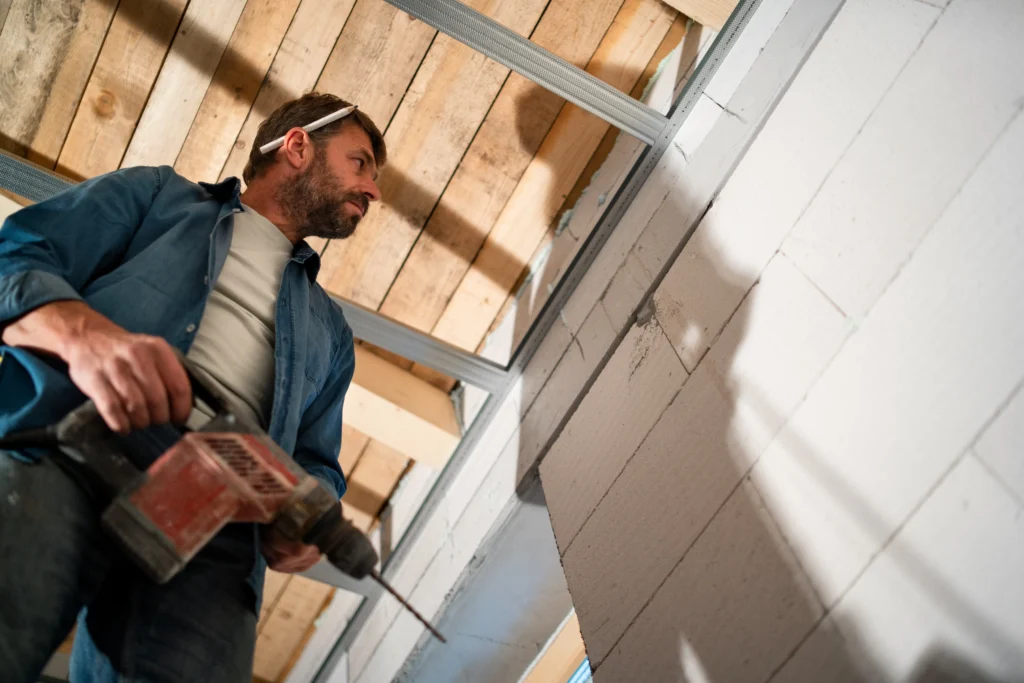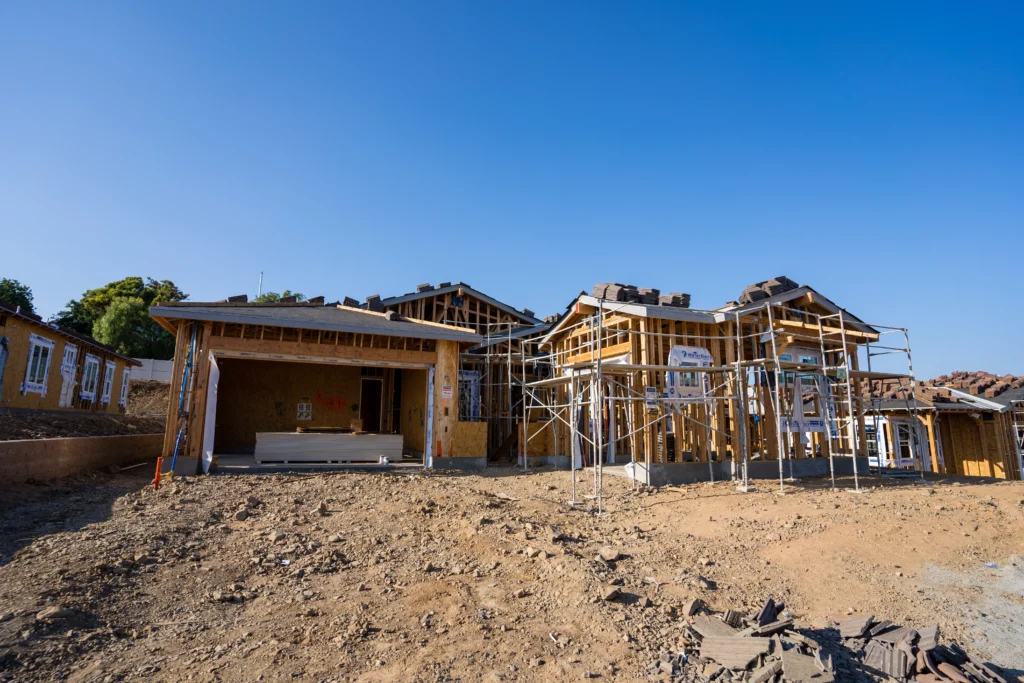During the homebuying process, one of the most frequently asked questions is: is a home inspection part of closing costs? The answer is no—a home inspection is not included in closing costs. Instead, it is considered an upfront, out-of-pocket expense paid by the buyer during the early stages of the home purchase process, usually during the due diligence or contingency period.
Understanding the distinction between closing costs and other expenses like inspections is crucial for accurate budgeting. Homebuyers often underestimate the number of fees involved in a real estate transaction, and knowing when each payment is due helps avoid surprises.

What Are Closing Costs?
Closing costs refer to the collection of fees and charges that must be paid at the time the home sale is finalized. These costs typically range from 2% to 5% of the home’s purchase price and include expenses such as:
- Loan origination fees
- Appraisal fees
- Title insurance
- Escrow fees
- Prepaid taxes and homeowners insurance
- Recording fees and transfer taxes
These costs are paid at the “closing” or final settlement, and are typically documented in the Closing Disclosure provided by the lender. These are distinct from the inspections and other due diligence items, which are handled much earlier in the process.
When Is the Home Inspection Paid For?
A home inspection is typically scheduled shortly after the buyer’s offer is accepted. In most cases, the buyer has a specific window of time—often 7 to 10 days—to conduct all inspections under the inspection contingency of the purchase agreement.
Because the inspection is conducted early in the process, the fee is paid out-of-pocket directly to the home inspector. This payment is usually due on the day of the inspection or at the time of service, not at closing.
In Ohio, the typical cost of a home inspection ranges from $350 to $500, depending on the size and condition of the property. Optional services like radon testing or mold inspections may cost extra.

Why It’s Not Rolled Into Closing Costs
The reason home inspections aren’t part of closing costs is because they’re conducted well before the closing occurs. Their purpose is to help buyers make an informed decision about whether to proceed with the purchase—or to renegotiate or back out entirely based on the findings.
Including the inspection cost in closing would defeat its purpose, as the buyer may decide not to close at all after receiving the inspection report. Therefore, it remains a standalone due diligence expense.
Can Home Inspection Costs Be Credited or Reimbursed?
In some cases, buyers may negotiate with the seller for a credit at closing to offset the cost of the inspection, especially if defects were found and the buyer agrees to move forward without repairs. However, this is relatively rare and requires mutual agreement between both parties.
It’s more common for buyers to use the inspection report as leverage to ask for repairs or price reductions, rather than reimbursement for the inspection fee itself.

How the Home Inspection Impacts Closing
While the inspection isn’t included in closing costs, it can certainly influence what happens at closing. If major issues are found, the buyer might:
- Request repairs before closing
- Ask for a credit to cover the cost of needed repairs
- Negotiate a lower sale price
- Walk away from the deal entirely if within the inspection contingency period
Thus, while not financially tied to closing, the inspection plays a key role in the outcome of the transaction.

Why Home Inspections Are Still Essential
Even though they’re not included in closing costs, home inspections are one of the most valuable investments a buyer can make. They uncover potential deal-breakers and hidden issues like:
- Roofing damage or leaks
- Foundation cracks
- Mold or pest infestations
- Plumbing or electrical hazards
- HVAC issues or inefficiencies
Buyers who skip inspections to save money often regret it when unexpected repairs arise shortly after moving in.
Working with a certified inspector, such as Icon Home Inspectors, ensures a thorough evaluation and provides peace of mind when making one of life’s biggest purchases.

Conclusion
So, is a home inspection part of closing costs? No—it is a separate, out-of-pocket expense typically paid by the buyer during the contingency phase. While it’s not listed on the Closing Disclosure, the impact of the inspection is significant, influencing negotiations, contract terms, and even whether the deal moves forward.
Though it requires upfront payment, a home inspection is a small price to pay for the protection, knowledge, and confidence it offers in the homebuying process. For expert inspections in Northeast Ohio, contact Icon Home Inspectors to schedule yours today.